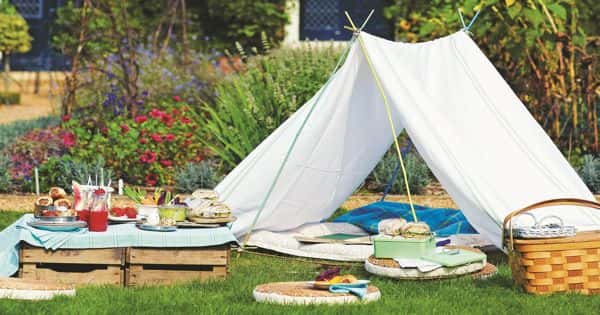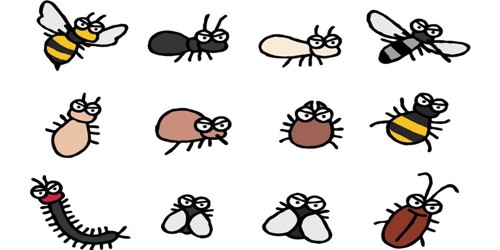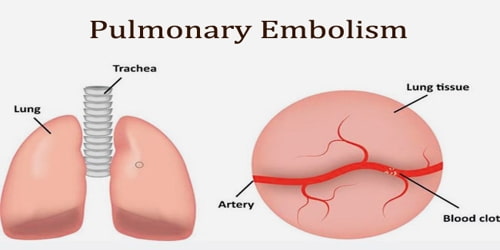Picnic – a pleasant diversion
Picnics are a pleasant diversion. They break the monotony of life. They bring into one’s daily life a touch of variety. They carry us away from the world of our daily existence into a world that is different. They may be said to touch the prose of life with the charm of poetry. They release the springs of joy held down by the burden of duties and responsibilities. Hence they are often a refreshing tonic.
Picnics are of various kinds. One may have a picnic with one’s family. This is not very common in Indian households. Here domestic from the dreariness of perpetual domesticity. And yet perhaps it is likely to be the pleasantest. The relationship between parents and children, between brothers and sisters, too often becomes formal and lifeless. An outing in the open air, away from the well-marked conveniences that are so necessary to make existence smooth, is in the nature of a pleasant surprise it startles us out of our habitual routine; it brings out the very best in each of us, and we realize that we are human beings with distinctive personalities.
Another kind is a picnic with friends. This is far more common with us. Students of school and colleges as well as members of clubs and institutions often organize these excursions. For a large party of friends or go out somewhere are enjoy some sort of novelty must be pleasant. But such picnics often tend to become noisy and artificial. There is a determination to enjoy resolutely, and that in itself destroys freshness.
A picnic has four stages. The first stage is planning. Often this is the pleasantest. To discuss plans in advance creates happiness in anticipation. The selection of the place, of the party, and of the nature of the outing gives ample scope for discussion and argument and makes things lively. But it becomes botheration if there is too much planning, too much attention to every detail. The joy of a picnic often lies in the discovery that something has been left behind, something has not been provided for. The ingenuity of individual members is taxed and to devise ways and means to get over the difficulty adds much to the relish of this situation. It is no use carrying to a picnic the well-ordered self-sufficiency of the home.
Next, come preparations. One must arrange conveyances, collect utensils and eatables. Usually, there is a division of labor and responsibility. The burden has to be shared equally. Some bring one thing, some bring another. This shows up the efficiency and resourcefulness of individual members of the party. It is a lesson in the art of organization. The leader has to see that everything is in order. His leadership is put to the test.
Then we have the picnic itself. As we have side before, an outing that is too well-ordered is not half so pleasant as one in which there are errors of omission and commission. Improvisations are not the least of the charms of a picnic. It there is a mistake or misadventure, it has to be met with humor and laughter. Full-blooded young people enjoy these. Whoever shows ill-temper on such occasions shows the incapacity of fit into a joyous scheme such as a picnic is.
Finally, there is the return journey. Things have to be packed up carefully. The day’s festivity is properly rounded off by an exercise of responsibility. It is easy to collect articles of necessity to build up a common pool. It is not so easy to return them to their different places of origin. But there is compensation. For all the way back there is much to talk over, much to reflect on and remember.
A picnic is not for those who want everything to be tidy and orderly at home. It is the paradise of the amateur. He who cannot make allowances for petty lapses and misadventures will find picnics irritating only those who are able to accommodate themselves easily to discomforts and untoward circumstances really enjoy a picnic. It is a serious deficiency in one’s nature if one cannot rough it just for sport’s sake, or for a change in a monotonous routine.
















